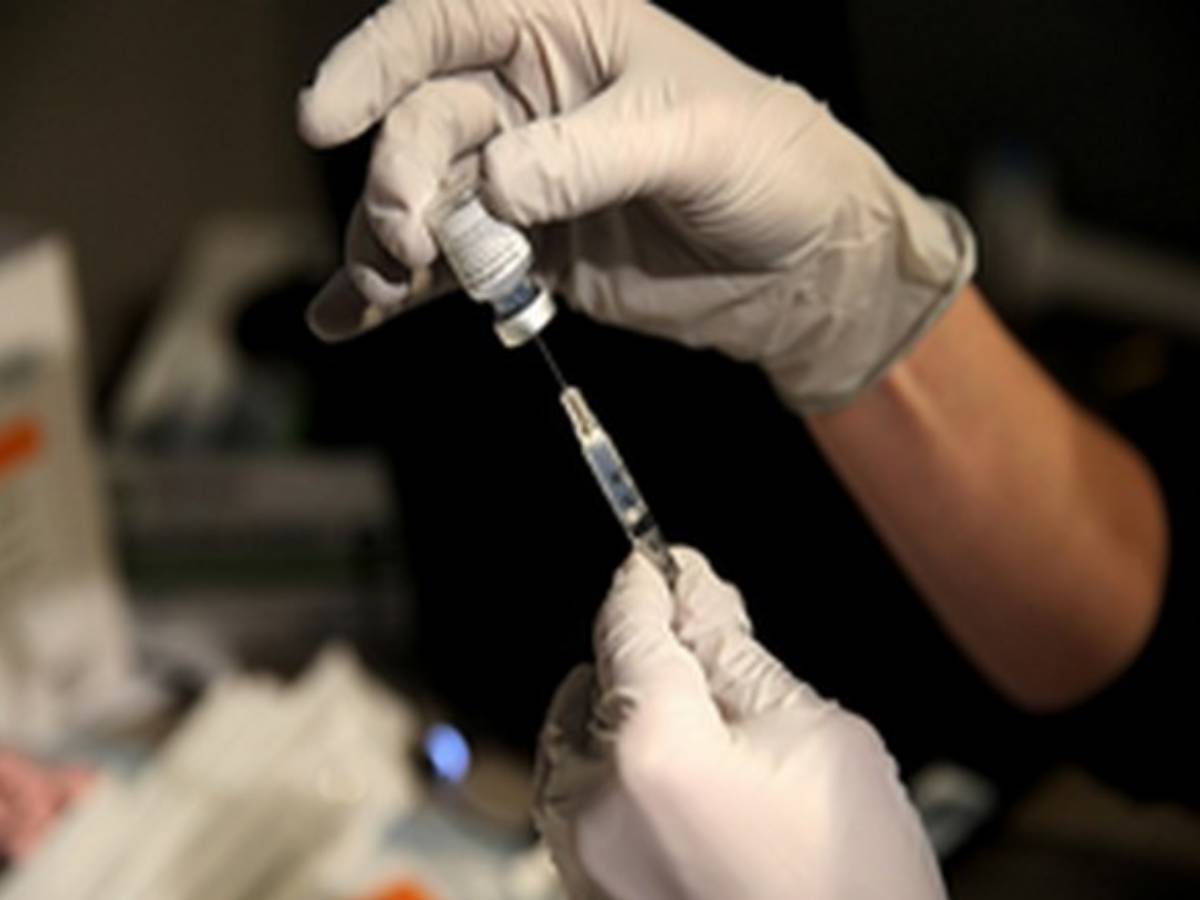New Jersey: Johnson & Johnson’s single-shot coronavirus vaccine protected against symptomatic and asymptomatic infection, and prevented hospitalization and death in all participants 28 days after vaccination, according to new clinical trial results published on Wednesday (local time).
According to data published in the New England Journal of Medicine, as cited by The Hill, the vaccine was 67 per cent effective on average against moderate to severe-critical COVID-19 at least 14 days after administration, and 66 per cent effective at 28 days after vaccination.
The vaccine was close to 77 per cent effective against severe/critical COVID-19 at 14 days after administration, and 85 per cent after 28 days.
The results match up to the initial numbers reported by the company in January — the vaccine offers a level of protection above the Food and Drug Administration’s (FDA) minimum but lower than the Pfizer and Moderna vaccines.
Additional data collected since the announcement in January found no evidence of a decline in protection over time, after following approximately 3,000 participants for 11 weeks and 1,000 participants for 15 weeks, the company said.
“This comprehensive evidence demonstrates that Johnson & Johnson’s single-shot COVID-19 vaccine offers protection and prevents hospitalization and death, including in countries where viral variants are highly prevalent,” said Paul Stoffels, M.D., Vice Chairman of the Executive Committee and Chief Scientific Officer at Johnson & Johnson in a statement.
He added: “Regardless of race and ethnicity, age, geographic location and comorbidities, these results remain consistent. A single-shot vaccine that provides this level of protection represents an important tool in the global fight against COVID-19, as we strive to help end this deadly pandemic. The safety and well-being of every individual who receives a Johnson & Johnson product remain our top priority, and these data reaffirm our confidence in the protective benefits of our COVID-19 vaccine.”
The results come from the company’s massive clinical trial that spanned three continents and enrolled a total of 43,783 participants.
The Hill reported that the vaccine also showed effectiveness against rapidly-spreading variants, including the B.1.351 variant, which was identified in 95 per cent of the COVID-19 cases in South Africa, and the P2 variant, which was identified in 69 per cent of COVID-19 cases in Brazil. In South Africa, the vaccine was 64 per cent effective against moderate to severe/critical disease, and the efficacy was 82 per cent against severe/critical disease beginning 28 days post-vaccination.
Efficacy was also maintained in participants in Brazil, with 68 per cent efficacy against moderate to severe/critical disease, and 88 per cent against severe/critical disease. Protection was generally consistent across race and age groups, including adults over 60 years of age, and those with and without pre-existing conditions.
The Hill reported that the use of the vaccine in the US is currently paused due to concerns over an extremely small number of serious blood clots in combination with low platelets in individuals who have received the vaccine.
A Centers for Disease Control and Prevention advisory panel will meet for the second time on Friday to discuss the next steps for the vaccine.
In what could be a preview of the CDC meeting, Europe’s drug regulator on Tuesday recommended a warning be added to the vaccine about the possible link to blood clots, but noted they are “very rare” and the benefits still outweigh the risks.

